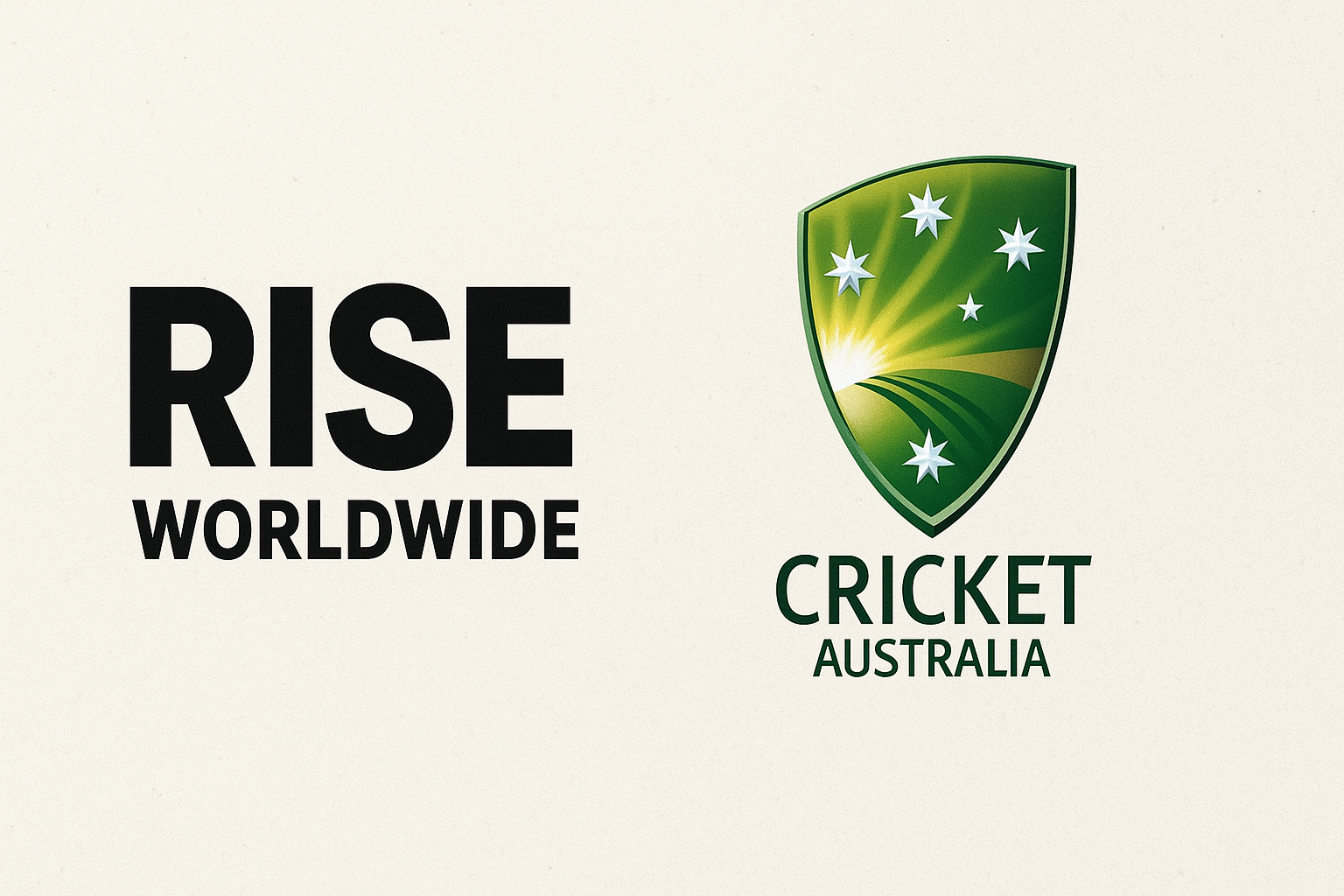In March 2024, Adidas faced a significant setback, reporting its first annual loss in over 30 years. Sales for the company declined by 4.8%, reaching 21 billion euros (approximately $23 billion) in 2023. Adidas attributed this unexpected loss primarily to what it described as "the extraordinarily high tax rate." Despite recording a profit of 268 million euros, the company ended up with a net loss of 58 million euros.
Financial Implications and Impact
The announcement of the annual loss marked a notable downturn for the sportswear giant, signalling challenges in its financial performance despite its longstanding success in the industry. This development could have implications for Adidas' strategies moving forward and may prompt adjustments in its financial planning and management.
Challenges Faced by Adidas in North America
Adidas has encountered significant hurdles recently, particularly in the North American market. The termination of their collaboration with Kanye West and the subsequent suspension of Yeezy sneaker sales have profoundly affected their financial performance. Despite endeavours to rebound by concentrating on popular products like the Samba and Gazelle shoes and enhancing relationships with retailers, the company recorded its first annual loss in over three decades. The challenges in North America, where further sales decline is projected this year, reflect broader issues within the sportswear industry, such as excessive inventories and reduced demand. However, there are positive indications for Adidas, notably in China, where a robust recovery with double-digit sales growth is anticipated.
ADVERTISEMENT
Proactive Measures and Optimism
Adidas has taken proactive steps to address these challenges, including inventory reduction and navigating supply chain disruptions like those arising from the Red Sea crisis. Moreover, the company is optimistic about the growth potential of its underlying business, excluding Yeezy, with expectations of at least 10% growth in the second half of 2024.
Progress Under CEO Bjorn Gulden
Despite setbacks, there are signs of progress under the leadership of CEO Bjorn Gulden. The brand's popularity appears to be on the upswing, with fewer products requiring discounting, as noted by portfolio manager Thomas Joekel. The future of Yeezy sales remains uncertain, but Adidas is managing them cautiously, aiming to at least break even on remaining inventory. Despite financial challenges, Adidas remains committed to social responsibility, allocating a portion of Yeezy profits to charities combating antisemitism and racism.
Conclusion: Navigating Challenges for Growth
In summary, while confronting difficulties, Adidas is striving to navigate through the current landscape and emerge stronger. The company has outlined plans for growth and adaptation in key markets, indicating its determination to overcome challenges and thrive in the future.
















